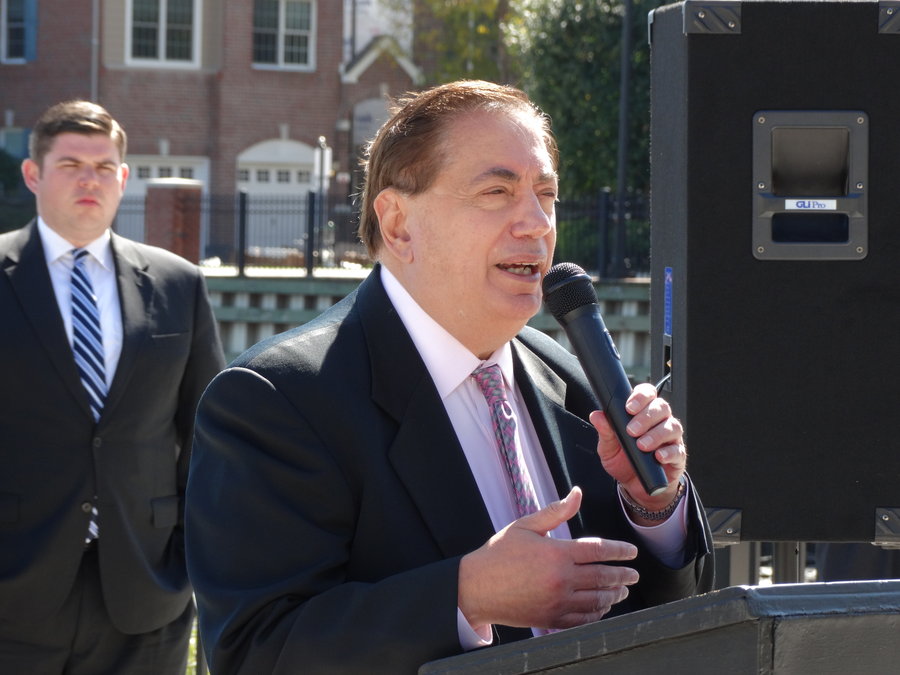NORTH BERGEN – In an effort to assist criminal investigations, legislation sponsored by Senators Nicholas Sacco and Paul Sarlo that would expand the state’s DNA database was signed into law by the governor.
“DNA matching is already an important tool for our law enforcement, but with this law, it has the potential to be a much more useful way to identify perpetrators,” said Sacco, who is also the mayor of North Bergen. “Expanding the DNA database will enhance the government’s ability to prevent crime, solve cases, and exonerate the innocent.”
The law, S-393, adds indictable disorderly person’s offenses to the list of criminal conduct that, upon conviction, requires biological sampling for the DNA database. These offenses include prostitution, domestic violence assault, and crimes related to narcotics and dangerous drugs. Shoplifting and marijuana possession offenses would not be included in the offenses requiring DNA sampling. Additionally, juveniles would also be required to submit to DNA testing if they commit an act that would fall under the provisions of the DNA Database and Databank Act, including those in this expansion.
Under the DNA Database and Databank Act of 1994, which was sponsored by Sen. Sacco and led to the creation of the state’s DNA Database, only a person convicted of an indictable crime of the first, second, third, or fourth degree, or a person arrested for certain violent crimes are required to submit to DNA sampling.
After a sample is taken, the Division of State Police identifies, analyzes, and stores it in a state databank. Results of the sample are confidential under state statute. The division also forwards the DNA information to the Federal Bureau of Investigation for inclusion in the federal Combined DNA Index System (CODIS). By electronically comparing DNA profiles in the indexes, analysts can link multiple crimes to a single perpetrator, solve ongoing criminal cases, and exonerate the innocent.
“Unfortunately we see high rates of repeat offenders enter and reenter our justice system, so when a person commits a minor crime, it’s possible they may commit something more serious in the future,” said Sarlo. “We can reduce crime in New Jersey overall by giving our law enforcement officials a greater capacity to identify repeat offenders. Expanding the DNA database will go a long way to solving open cases, bringing justice to those who are innocent, and preventing future crimes.”
The law reflects a Supreme Court decision on June 3, 2013, which ruled that the police may take DNA samples from people arrested in connection with serious crimes. In the majority opinion, Justice Kennedy wrote that the “quick and painless” swabbing procedure was a search under the Fourth Amendment, and justified as reasonable, given “the need for law enforcement officers in a safe and accurate way to process and identify the persons and possessions they must take into custody.”
The federal government and 28 states currently authorize DNA collection after an arrest. All fifty states require the collection of DNA from people convicted of felonies.
The bill was signed into law on Tuesday, Jan. 19. It cleared the Senate 31-4 this month and the Assembly in December 46-11-11. The law takes effect in July of 2017 but the Attorney General and the Superintendent of State Police may take anticipatory administrative action in advance.
Our Digital Archive from 2000 – 2016
